
Penfolds Bin 28 Shiraz 2022 (Gift Box)
Product Description:A benchmark example of warm-climate Australian Shiraz, Penfolds Bin 28 Shiraz 2022 delivers the generosity and structure that h...
View full details
 Sale
Sale
Product Description:A benchmark example of warm-climate Australian Shiraz, Penfolds Bin 28 Shiraz 2022 delivers the generosity and structure that h...
View full details
 Sale
Sale
A fresh and harmonious take on classic Champagne style. Piper-Heidsieck Brut Champagne NV is a fruit-forward expression shaped by Chardonnay, Pinot...
View full details
 Sale
Sale
An elevated take on a classic single malt, presented in a striking collector’s gift box. The Glenfiddich 18 Year Old is one of the most celebrated ...
View full details
 Sale
Sale
Product Description:Coastal purity meets deliberate power in this cask strength single malt. Octomore 16.1 channels Bruichladdich’s mainland Concer...
View full details Sale
Sale
Six bottles of Central Otago Pinot at its most composed and characterful. Amisfield Pinot Noir 2022 captures the natural intensity of the region th...
View full details
Jacques Seysses started Domaine Dujac in 1968. He was not born in Burgundy, but winemaking is his true vocation. His love for wine comes from his father, a gourmet with a passion for fine wines. Even as a young boy, Jacques would meet the greatest winegrowers of the time in the company of his father. At the age of 25, after a few years working for the family-owned biscuit manufacturing company, he decided to move on from the business world. During the 1966 and 1967 harvests, he learned winemaking with Gérard Potel at the Domaine de la Pousse d'Or in Volnay. In 1968, he bought the Domaine Graillet in Morey-Saint-Denis, which he renamed Domaine Dujac (a pun on his first name, meaning the Estate that Jacques owns). In 1973, he married Rosalind, who quickly became a key member of the team.
Domaine Dujac in Burgundy was acquired by Jacques Seysses in 1967. The domaine in Morey-St-Denis had 4 hectares of vineyards and he has subsequently built it up to 11.5 hectares. Domaine Dujac now includes holdings in Clos de la Roche, Clos St-Denis, Bonnes-Mares, Echézeaux and Charmes-Chambertin . "Use knowledge and technology to counter accidents - for example, bad weather - but, if all is going well, don't interfere," says Seysses and this principle guides much of what happens in the vineyards and the cellars. Dujac wines are neither filtered nor fined and all of his premiers and grands crus are aged in 100% new oak. These are wines of the very highest order.
The first vintage, 1968, was one of the worst years on record so the wines were sold off in bulk, but 1969 was an entirely different matter, putting the domaine firmly on the map. In 1973 Jacques married Rosalind Boswell, a Californian girl who came to work the vintage and stayed for life. The first two of their three children, Jeremy (born 1975), Alec (1977) and Paul (1980) are now involved in the business, as is Jeremy’s wife Diana, also Californian, and a trained oenologist. In 2000 Jeremy Seysses also inaugurated, with his father, a small scale negociant business known as Dujac Fils et Père. The domaine has expanded over the years as additional parcels of vineyard became available, culminating in the acquisition of some exceptional vineyards from Domaine Thomas-Moillard in 2005. In 1987 the domaine moved to lutte raisonée, the reasoned application of treatments, and from 2001 to organic farming. Today 75% of the domaine, including all premier and grand cru vineyards, is farmed organically with experiments also along biodynamic lines.
Jacques Seysses is a leading advocate of including stems in the fermentation process, as much so as to avoid bruising the grapes during the de-stemming process as for a desire to include the stems themselves. However each vintage is treated according to its merits and the ripeness of the stems. The cellars in Morey St Denis have been extended in recent years to improve cellaring conditions. The barrels can now be kept at a cooler ambient temperature, enabling the malolactic fermentation to happen later and for the wines to be racked less frequently.
The Clos de la Roche Grand Cru lies between the village of Morey-Saint-Denis to the south and Gevrey-Chambertin to the north, where the slope varies greatly, ranging from 4 to 23%. The plot ranges in altitude from 276 to 308 meters. The locality faces east. The soil changes from east to west. In the eastern part, the reddish-brown soil is about 40 to 50 cm thick, with many angular-to-blunt limestone fragments. Upslope, in the western part of the Grand Cru, the soil contains a great deal of angular limestone gravel. Two types of substratum underlie the Clos de la Roche Grand Cru. In the eastern part, fine-grained Premeaux limestone, light in color, with patches of flint-like chert nodules (chailles), crops out in beds tens of centimeters thick. In the western part, where the slope is steep, the bedded limestone scree (grèzes litées) lining the slope is composed of small angular Comblanchien limestone fragments.
The 2021 Clos-de-la-Roche Grand Cru comes from five lieux-dits. This was slightly more reduced than the Clos Saint-Denis, dark berry fruit, briary; a faint touch of seaweed emerges with time. The palate is medium-bodied with finely-sculpted tannins, harmonious and tensile, again, discretely building with a transparent, lightly peppered finish that lingers in the mouth. Excellent. - Antonio Galloni, Vinous, 97 Points.
More brooding than the Clos Saint-Denis, Dujac's 2021 Clos de la Roche Grand Cru opens in the glass with aromas of dark berries, cherries, sweet forest floor and baking spices. Full-bodied, layered and muscular, with impressive concentration and a long, rose-inflected finish, it's another of the range's high-points. - William Kelley, The Wine Advocate, 95 Points.
Nose - Sweet Forest Floor, Nori, Dark Berries
Touch of reduction, briary and seaweed accents followed and dark berries.
Palate - Layered, Muscular, Baking Spices
Medium bodied, well defined tannins, layered dark fruits and sweet spices.
Finish - Fine tannins, Powered Spice, Lengthy
Lightly peppered finish, fine and persistent tannin.
The Finer Details
Style - Red Wine
Varietal - Pinot Noir
Country - France
Region - Burgundy
Vintage - 2021
Bottle Size - 750ml
ABV - 13.5%
Jacques Seysses started Domaine Dujac in 1968. He was not born in Burgundy, but winemaking is his true vocation. His love for wine comes from his father, a gourmet with a passion for fine wines. Even as a young boy, Jacques would meet the greatest winegrowers of the time in the company of his father. At the age of 25, after a few years working for the family-owned biscuit manufacturing company, he decided to move on from the business world. During the 1966 and 1967 harvests, he learned winemaking with Gérard Potel at the Domaine de la Pousse d'Or in Volnay. In 1968, he bought the Domaine Graillet in Morey-Saint-Denis, which he renamed Domaine Dujac (a pun on his first name, meaning the Estate that Jacques owns). In 1973, he married Rosalind, who quickly became a key member of the team.
Domaine Dujac in Burgundy was acquired by Jacques Seysses in 1967. The domaine in Morey-St-Denis had 4 hectares of vineyards and he has subsequently built it up to 11.5 hectares. Domaine Dujac now includes holdings in Clos de la Roche, Clos St-Denis, Bonnes-Mares, Echézeaux and Charmes-Chambertin . "Use knowledge and technology to counter accidents - for example, bad weather - but, if all is going well, don't interfere," says Seysses and this principle guides much of what happens in the vineyards and the cellars. Dujac wines are neither filtered nor fined and all of his premiers and grands crus are aged in 100% new oak. These are wines of the very highest order.
The first vintage, 1968, was one of the worst years on record so the wines were sold off in bulk, but 1969 was an entirely different matter, putting the domaine firmly on the map. In 1973 Jacques married Rosalind Boswell, a Californian girl who came to work the vintage and stayed for life. The first two of their three children, Jeremy (born 1975), Alec (1977) and Paul (1980) are now involved in the business, as is Jeremy’s wife Diana, also Californian, and a trained oenologist. In 2000 Jeremy Seysses also inaugurated, with his father, a small scale negociant business known as Dujac Fils et Père. The domaine has expanded over the years as additional parcels of vineyard became available, culminating in the acquisition of some exceptional vineyards from Domaine Thomas-Moillard in 2005. In 1987 the domaine moved to lutte raisonée, the reasoned application of treatments, and from 2001 to organic farming. Today 75% of the domaine, including all premier and grand cru vineyards, is farmed organically with experiments also along biodynamic lines.
Jacques Seysses is a leading advocate of including stems in the fermentation process, as much so as to avoid bruising the grapes during the de-stemming process as for a desire to include the stems themselves. However each vintage is treated according to its merits and the ripeness of the stems. The cellars in Morey St Denis have been extended in recent years to improve cellaring conditions. The barrels can now be kept at a cooler ambient temperature, enabling the malolactic fermentation to happen later and for the wines to be racked less frequently.
The Clos de la Roche Grand Cru lies between the village of Morey-Saint-Denis to the south and Gevrey-Chambertin to the north, where the slope varies greatly, ranging from 4 to 23%. The plot ranges in altitude from 276 to 308 meters. The locality faces east. The soil changes from east to west. In the eastern part, the reddish-brown soil is about 40 to 50 cm thick, with many angular-to-blunt limestone fragments. Upslope, in the western part of the Grand Cru, the soil contains a great deal of angular limestone gravel. Two types of substratum underlie the Clos de la Roche Grand Cru. In the eastern part, fine-grained Premeaux limestone, light in color, with patches of flint-like chert nodules (chailles), crops out in beds tens of centimeters thick. In the western part, where the slope is steep, the bedded limestone scree (grèzes litées) lining the slope is composed of small angular Comblanchien limestone fragments.
The 2021 Clos-de-la-Roche Grand Cru comes from five lieux-dits. This was slightly more reduced than the Clos Saint-Denis, dark berry fruit, briary; a faint touch of seaweed emerges with time. The palate is medium-bodied with finely-sculpted tannins, harmonious and tensile, again, discretely building with a transparent, lightly peppered finish that lingers in the mouth. Excellent. - Antonio Galloni, Vinous, 97 Points.
More brooding than the Clos Saint-Denis, Dujac's 2021 Clos de la Roche Grand Cru opens in the glass with aromas of dark berries, cherries, sweet forest floor and baking spices. Full-bodied, layered and muscular, with impressive concentration and a long, rose-inflected finish, it's another of the range's high-points. - William Kelley, The Wine Advocate, 95 Points.
Nose - Sweet Forest Floor, Nori, Dark Berries
Touch of reduction, briary and seaweed accents followed and dark berries.
Palate - Layered, Muscular, Baking Spices
Medium bodied, well defined tannins, layered dark fruits and sweet spices.
Finish - Fine tannins, Powered Spice, Lengthy
Lightly peppered finish, fine and persistent tannin.
The Finer Details
Style - Red Wine
Varietal - Pinot Noir
Country - France
Region - Burgundy
Vintage - 2021
Bottle Size - 750ml
ABV - 13.5%

